Bid Strong, Bid Smart – Try Our Hotel Construction Cost Estimating Service!
- Accurancy
- Efficiency
- Transparency
- Customization
- Time Saving
- Professionalism
- Cost Control
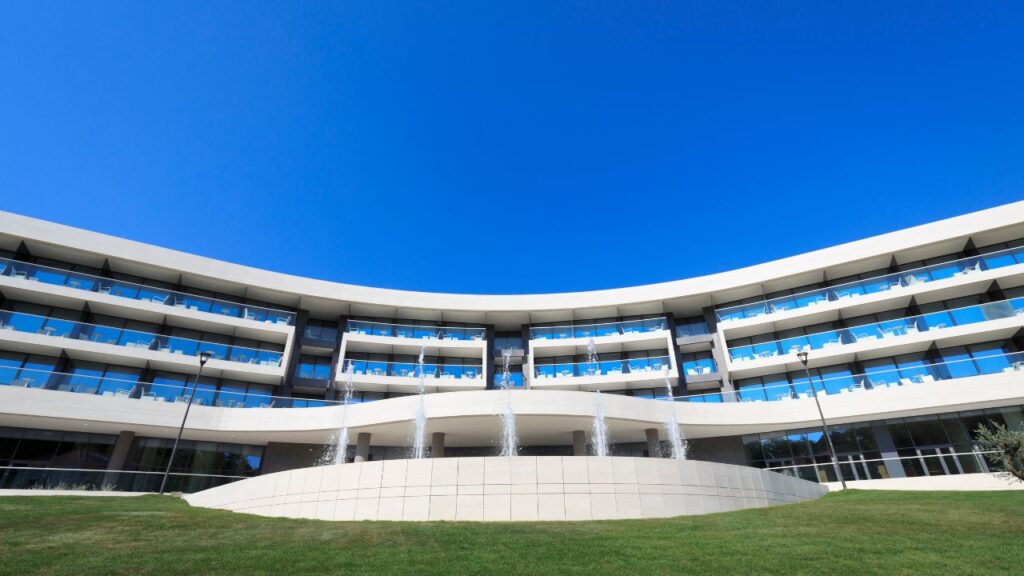
Did you know that elevators have a history dating back to 300 BC? Although modern mechanical elevators have a shorter timeline, the concept of lifts has ancient roots. The earliest patents for mechanical elevators suggest that 1853 might mark the advent of the first traction elevator. Since then, various types such as passenger elevators, freight elevators, and personal lifts have emerged.
Hotel elevators tailored for small buildings with fewer than five floors typically incur installation costs of around $24,000.
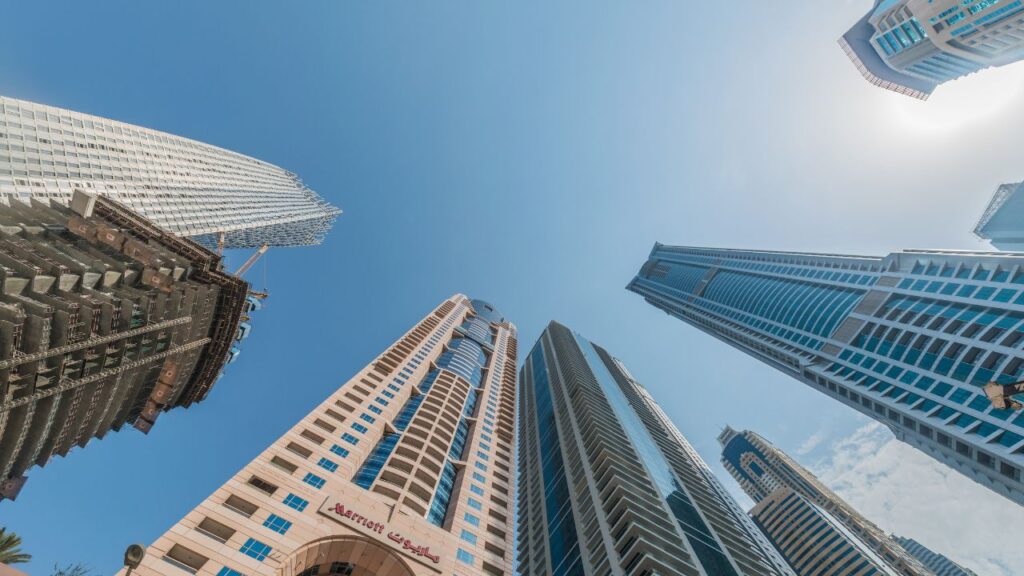
In contrast, hotel elevators designed for tall buildings with 20 or more floors may have installation costs of about $120,000. The cost variation is primarily influenced by the size and style of the elevator.
Balancing convenience and legal compliance, numerous hotel owners find themselves in need of a hotel elevator. As a mechanical device designed to transport people, there are specific requirements such as certifications, maintenance, and weight capacities that must be met.
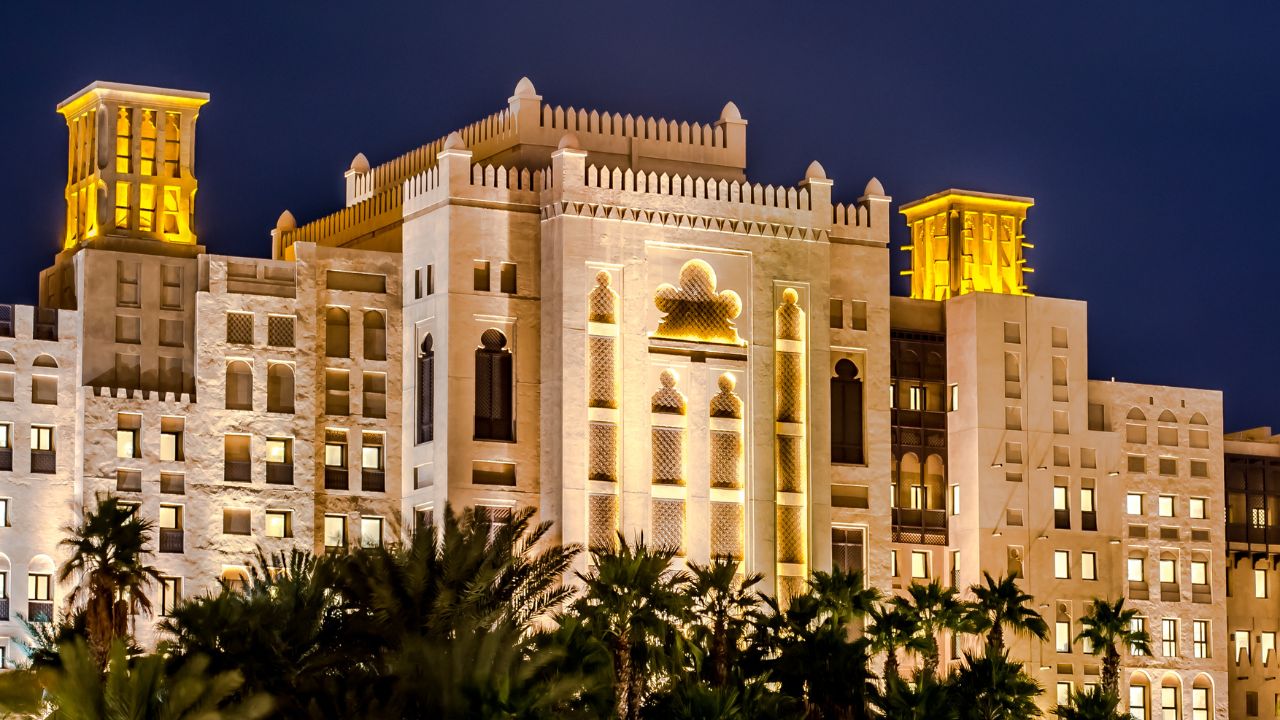
Fully Insured License
Hire Builder For Hotel Building
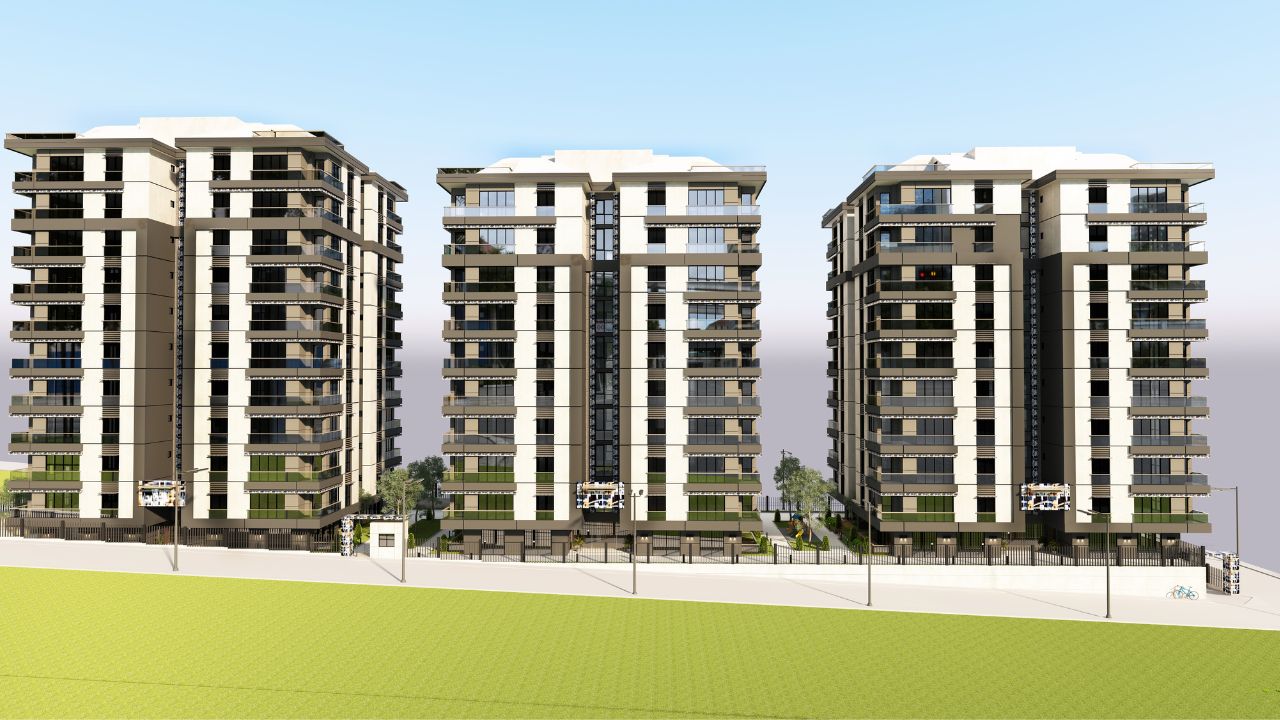
Make Informed Design Decisions Showcase Your Design Ideas
Get RenderingElevators come in various types, each designed for specific purposes. Some are intended for transporting people, while others are tailored for moving goods. Elevators play a crucial role in providing accessibility for the disabled, convenience for buildings with multiple floors, and efficiency for manufacturing facilities.
Passenger elevators are the ubiquitous choice for hotels, facilitating the seamless vertical movement of guests between floors. Typically powered by hydraulics, these elevators may necessitate an elevator machine room on the property, especially in taller hotels featuring express elevators for swift inter-floor transport. Recognizing the importance of accessibility and convenience in the hospitality industry, the installation cost for a passenger elevator ranges from $24,000 to $60,000+, encompassing considerations for varying hotel sizes and elevator specifications.
In hotels, freight elevators play a crucial role in logistical efficiency, enabling the movement of materials such as pallets and furniture between floors. Recognizing the specialized nature of these elevators, the installation cost for a hotel freight elevator typically ranges from $90,000 to $180,000 or more. This estimate reflects the unique requirements of freight elevators, emphasizing their essential role in streamlining operations and supporting the smooth functioning of hotels.
Suitable for hotels with fewer than eight floors, hydraulic elevators provide efficient vertical transport using an electric motor that pumps oil into a cylinder. The mechanics are usually located below the elevator or in an external machine room. To accommodate the unique features of hydraulic elevators, the average installation cost for hotels ranges from $24,000 to $60,000+. This estimate considers the size and capacity specifications, ensuring that hydraulic elevators remain a cost-effective and efficient choice for mid-sized hotels.
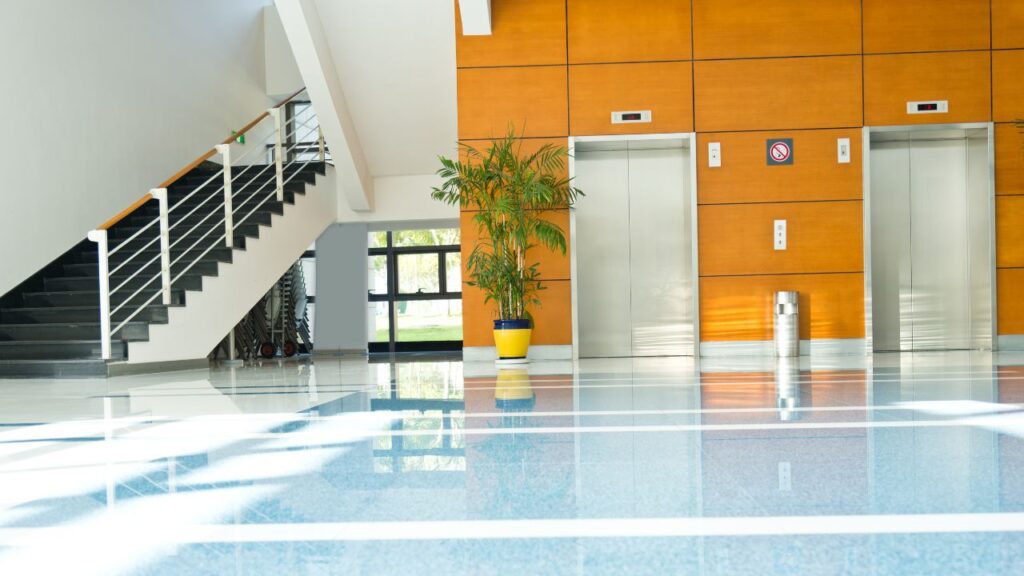
Traction elevators, operating on a system of belts and pulleys, have stood the test of time as a robust choice for vertical transport. Widely used in various settings, including hotels, these elevators use a counterweight for lifting the car, reducing stress on the motor. The average costs for installing a traction elevator in a hotel now range from $60,000 to $96,000 or more. This estimate reflects the enduring popularity of traction elevators and considers the evolving technology that enhances their performance and efficiency.
Machine room-less elevators (MRL) cater specifically to hotels, offering space efficiency by eliminating the need for a large machine room. These elevators, whether traction or hydraulic, prioritize sustainability by using up to 80% less energy compared to traditional hydraulic models. In recognition of their environmentally friendly features and space-saving design, the adjusted installation cost for MRL elevators ranges from $30,000 to $75,000 or more.
Hotel elevators vary widely in size, catering to different needs within the hospitality industry. A dumbwaiter designed for transporting items like trays of food may be compact, while a freight elevator in a hotel could be spacious enough to accommodate a freight truck with pallets. The size of the elevator is tailored to the specific tasks it needs to perform. Most hotel elevators designed for transporting guests are akin to a four-foot by eight-foot box, capable of holding 600 lbs or more.
Hotel elevators are generally safe for transporting guests and goods between floors. However, adherence to basic safety guidelines is crucial to prevent accidents. Elevator doors operate automatically, and patrons should always stand clear of the doors to avoid potential injuries. It’s important not to use the body to prop the doors open; instead, hotels provide a designated button for this purpose, instructing the mechanical features to hold the doors open.

To legally operate a hotel elevator, it must comply with all current building codes for elevator lifts. This necessitates annual inspections conducted by a third-party engineer who assesses the elevator’s condition and maintenance, recommending any necessary repairs. Failure to address recommended repairs may lead to inspection failure, posing risks to hotel visitors. Elevator building codes and maintenance requirements may vary by state, requiring consultation with state inspectors before installing a hotel elevator.
Maintaining hotel elevators is a multifaceted endeavor, combining annual inspections with proactive measures to ensure optimal performance. Hotels often opt for maintenance contracts, a strategic decision that involves delineating specific responsibilities between the maintenance provider and the hotel itself. Understanding the coverage and responsibilities within these contracts is paramount for sustaining reliable elevator functionality. Elevator maintenance costs for hotels typically range between $300 and $600 per year. For hotels with older elevators undergoing modernization efforts, the annual maintenance costs may increase, potentially reaching up to $2,400 or $3,600. These general cost estimates reflect the importance of comprehensive maintenance practices, emphasizing the need for proactive measures to prevent safety risks and uphold a positive guest experience. Hotel managers and operators must prioritize elevator maintenance to ensure uninterrupted vertical mobility and the safety of guests and staff.
Apart from the hotel elevator itself, various additional costs are associated with installing and operating a hotel elevator. These costs cover aspects ranging from building permits to optional finishes, contributing to the overall investment in a hotel elevator.
Securing building permits is a fundamental step in the installation of a hotel elevator, ensuring legal compliance with property modifications. The cost estimate for obtaining building permits, a crucial aspect of the installation process, ranges between $240 and $1,200, reflecting the variance in fees imposed by local authorities. This cost estimate acknowledges the potential fluctuations in permit costs, emphasizing the importance of navigating regulatory requirements seamlessly to facilitate the smooth installation of a hotel elevator.
Installing a new elevator may necessitate structural renovations, involving services from architects and contractors for labor and materials. The cost estimate for architect services to draft plans hovers around $2,400, while contracting services for labor and materials may range from $4,200 to $6,000. This cost estimate considers the additional expenses associated with structural renovations, emphasizing the need for precision in crafting elevator spaces within hotels to meet safety and operational standards.
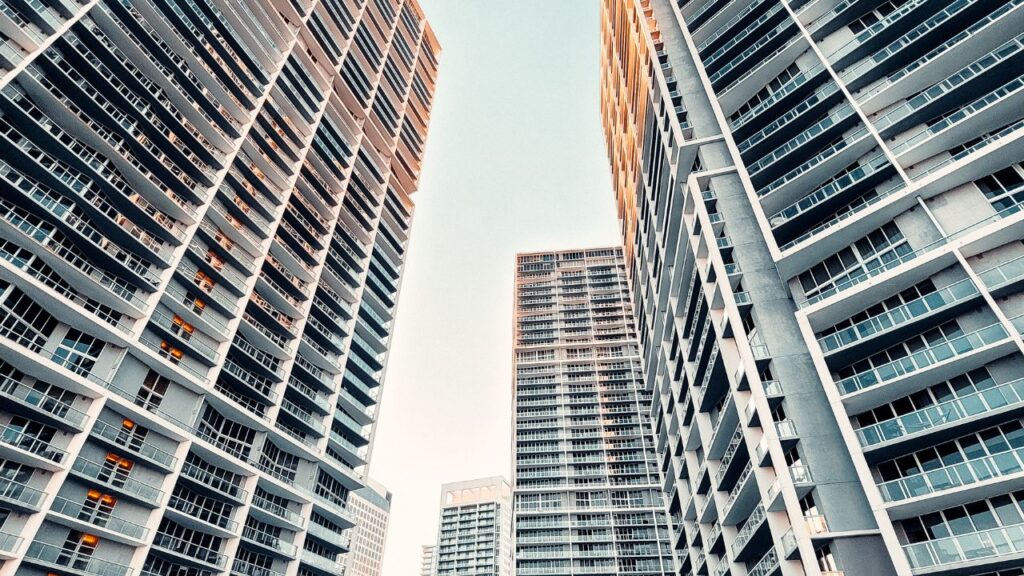
Most hotel elevators require a mechanical room or hoistway to house essential machinery for operation. The installation cost for these mechanical devices ranges from $3,000 to $10,800. This general cost estimate reflects the potential variations in costs, emphasizing the importance of investing in efficient and well-designed mechanical spaces to ensure the reliable and smooth operation of hotel elevators.
The central component of a hotel elevator is the elevator car, with a base price ranging from $24,000 to $90,000. For each additional floor, an additional $12,000 to $18,000 is incurred. This general estimate recognizes the investment in quality elevator units, ensuring reliable and comfortable vertical mobility for hotel guests. The increased cost reflects the commitment to providing a seamless and elevated guest experience through well-designed and technologically advanced elevator systems.
Electrical work is a critical aspect of elevator installation, requiring the expertise of a licensed electrician. Labor costs for electrical work range from $60 to $180 per hour, with the overall work, including finishing carpentry or additional fixtures, taking between 3 and 6 hours. This estimate emphasizes the importance of skilled electrical work in illuminating and powering hotel elevators efficiently, ensuring a safe and reliable vertical transport system.
Selecting elevator features tailored to hotel aesthetics and functionality involves considerations such as cab doors, cab walls, handrails, flooring, and drop ceiling options. Standard features and optional upgrades contribute to the overall cost. The cost estimate reflects the customization choices, with costs ranging from $3,000 to $15,000 for elevator finishes and features. This recognizes the significance of elevating the visual appeal and functionality of hotel elevators through thoughtful and tailored design choices.
Installing a hotel elevator is not just a necessity for accessibility but also a significant investment. The ADA mandates equal access, requiring elevators in new constructions and renovations. The installation cost extends beyond the elevator unit itself, encompassing permits, construction, electrical work, and maintenance. For small hotels, the adjusted total cost typically stays under $36,000, while for hotels with more than five floors, the cost ranges between $90,000 and $180,000. This bottom line emphasizes the integration of accessibility with meticulous cost considerations, ensuring that hotel elevators meet regulatory standards and contribute to a seamless and positive guest experience.
A strategic and thoughtful approach to elevator size optimization involves a comprehensive assessment of the unique needs and operational requirements of the hotel. By precisely aligning the chosen elevator size with the specific demands of the establishment, this strategy aims to achieve a harmonious balance between functionality and efficiency. The meticulous evaluation encompasses factors such as guest traffic patterns, building layout, and peak usage times. The result is an elevator system that not only meets the immediate needs of the hotel but does so in a way that optimizes both the initial purchase costs and subsequent installation expenses. This strategic alignment ensures that the investment in vertical mobility is tailored to the precise demands of the hotel, promoting operational efficiency and cost-effectiveness.
Embracing energy-efficient elevator models, particularly those categorized as machine room-less (MRL) elevators, represents a forward-thinking commitment to sustainability with a keen eye on long-term financial savings. The decision to invest in these eco-friendly solutions extends beyond a mere alignment with environmental goals; it’s a strategic move aimed at reducing operational costs over the elevator’s lifecycle. MRL elevators, in particular, stand out for their ability to operate with significantly lower energy consumption. This not only contributes to a reduced carbon footprint but also translates into substantial cost savings on energy bills for the hotel. Therefore, this strategic investment not only promotes environmental responsibility but also positions the hotel for sustained financial savings and operational efficiency.
In the pursuit of optimal financial management, hotels are exploring various avenues, and one strategic option involves investigating financing or leasing arrangements for elevator installations. This approach acknowledges the financial constraints that may come with upfront costs and seeks to distribute these expenses over a more extended period. By opting for financing solutions, hotels gain financial flexibility, allowing them to allocate resources strategically across different operational aspects.
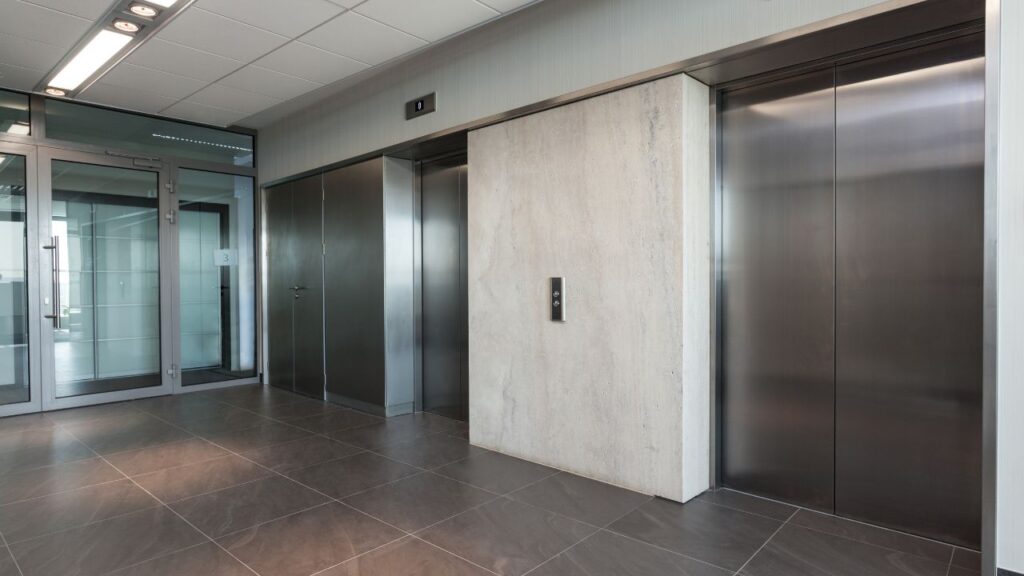
This method aligns with prudent financial planning, ensuring that the hotel can benefit from improved vertical mobility without putting undue strain on its immediate financial resources. It is a strategic maneuver that allows hotels to navigate budget constraints while enhancing guest accessibility.
Proactive care through the implementation of a comprehensive maintenance plan, coupled with a reliable maintenance contract, stands as a strategic pillar in ensuring the long-term cost-effectiveness of hotel elevators. This approach recognizes that elevators, like any mechanical system, require consistent attention and preventative measures to avoid potential disruptions and costly repairs. By investing in a reliable maintenance agreement, hotels prioritize the continuous smooth operation of their elevators, effectively preventing issues before they escalate. This proactive care not only safeguards against unexpected expenses but also contributes to the long-term sustainability and performance of the elevator system, aligning with the hotel’s commitment to providing a seamless and reliable guest experience.
The integration of smart technologies within elevator systems represents a strategic approach that goes beyond mere operational convenience. By incorporating advanced features such as energy management systems and predictive maintenance capabilities, hotels position themselves for enhanced efficiency and substantial long-term cost reduction. Smart elevators can dynamically adjust their energy usage based on demand, leading to reduced operational costs over time. Additionally, predictive maintenance features anticipate potential issues, allowing for timely intervention and avoiding more significant, costly repairs. This strategic investment in technology not only aligns with the modern expectations of hotel guests but also serves as a cost-effective measure that contributes to the elevator’s prolonged functionality.
Negotiating bulk purchase discounts with elevator suppliers for multiple installations is a strategic cost-saving initiative that leverages the volume of the project for more favorable pricing. By opting for this approach, hotels acknowledge the potential economies of scale that come with large-scale elevator installations. The negotiation process involves obtaining competitive quotes from reputable suppliers, fostering healthy competition among them. This strategy not only ensures transparency in pricing but also enables hotels to secure the most cost-effective elevator solutions for their specific needs. The resulting cost savings can be significant, making this a prudent approach for hotels looking to optimize their budget allocation for vertical mobility enhancements.
Ensuring cost-effective elevator solutions begins with the strategic practice of obtaining quotes from multiple reputable suppliers through a competitive bidding process. This approach emphasizes transparency in pricing and encourages healthy competition among suppliers, ultimately benefiting hotels in their quest for the most cost-effective elevator solution. By engaging in competitive bidding, hotels can carefully evaluate and compare offers, considering both the upfront costs and long-term value of the proposed elevator systems. This strategic initiative allows hotels to make informed decisions, selecting an elevator solution that not only aligns with their budget constraints but also delivers optimal performance and efficiency. Competitive bidding ensures that the chosen elevator solution is not only cost-effective but also well-suited to the unique requirements of the hotel.
The history and diverse types of hotel elevators highlight their crucial role in providing accessibility and convenience. Installation costs vary based on factors like size and type, with estimates ranging from $24,000 to $180,000. Compliance with regulations, including annual inspections, is vital.
To optimize costs, hotels can consider strategies such as optimizing elevator size, embracing energy-efficient options, exploring financing, prioritizing maintenance agreements, integrating smart technologies, negotiating bulk purchase discounts, and engaging in competitive bidding. These approaches ensure not only compliance but also cost-effectiveness, enhancing the overall guest experience and operational efficiency in the hospitality sector.
The cost of installing a hotel elevator is influenced by various factors, including the size of the building, the type of elevator chosen (passenger, freight, hydraulic, traction, or machine room-less), and the number of floors the elevator will serve.
The cost of a hotel elevator can vary significantly. For smaller buildings with fewer than five floors, the installation cost may be around $24,000, while for taller buildings with 20 or more floors, it can reach approximately $120,000. The type and features of the elevator also play a role in determining the overall cost.
Passenger elevators are a common choice for hotels, with installation costs ranging from $24,000 to $60,000+. For efficient material handling, hotels may opt for freight elevators, which can cost between $90,000 and $180,000. Hydraulic, traction, and machine room-less (MRL) elevators cater to different hotel sizes and needs.
Yes, maintaining hotel elevators is essential for optimal performance and safety. Annual maintenance costs typically range between $300 and $600. For older elevators undergoing modernization efforts, annual costs may increase, potentially reaching up to $2,400 or $3,600.
Hotel owners can optimize costs by considering factors such as elevator size optimization, embracing energy-efficient options like machine room-less (MRL) elevators, exploring financing options to distribute expenses, implementing regular maintenance agreements, integrating smart technologies, negotiating bulk purchase discounts, and engaging in competitive bidding for cost-effective solutions. These strategies contribute to both cost-effectiveness and improved operational efficiency.
Here I am going to share some steps to get your hotel elevator cost estimate report.
You can send us your plan on info@estimatorflorida.com
Before starting your project, we send you a quote for your service. That quote will have detailed information about your project. Here you will get information about the size, difficulty, complexity and bid date when determining pricing.
Our team will takeoff and estimate your project. When we deliver you’ll receive a PDF and an Excel file of your estimate. We can also offer construction lead generation services for the jobs you’d like to pursue further.



561-530-2845
info@estimatorflorida.com
Address
5245 Wiles Rd Apt 3-102 St. Pete Beach, FL 33073 United States
561-530-2845
info@estimatorflorida.com
Address
5245 Wiles Rd Apt 3-102 St. Pete Beach, FL 33073 United States
All copyright © Reserved | Designed By V Marketing Media | Disclaimer